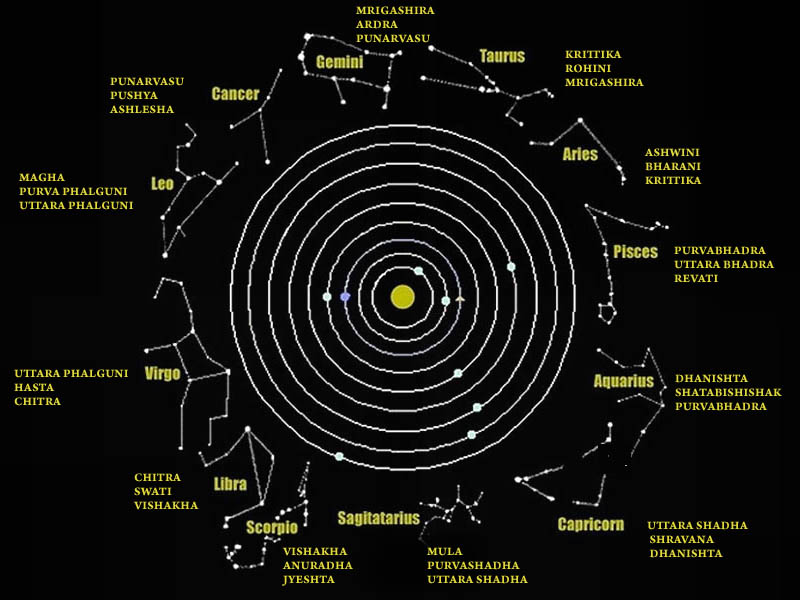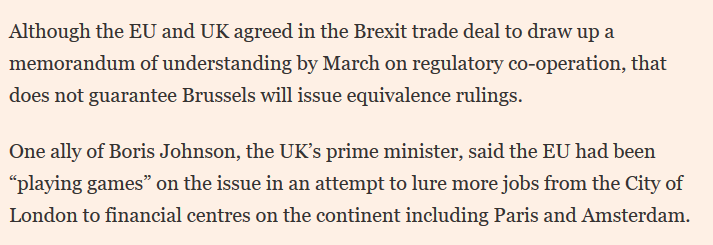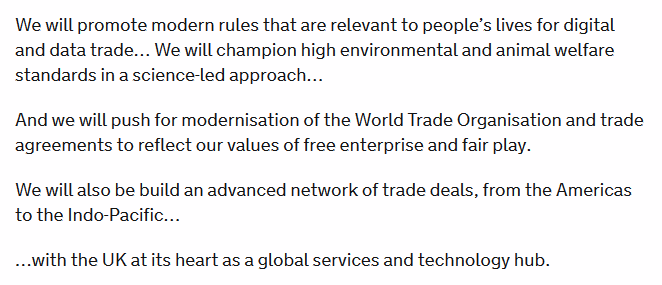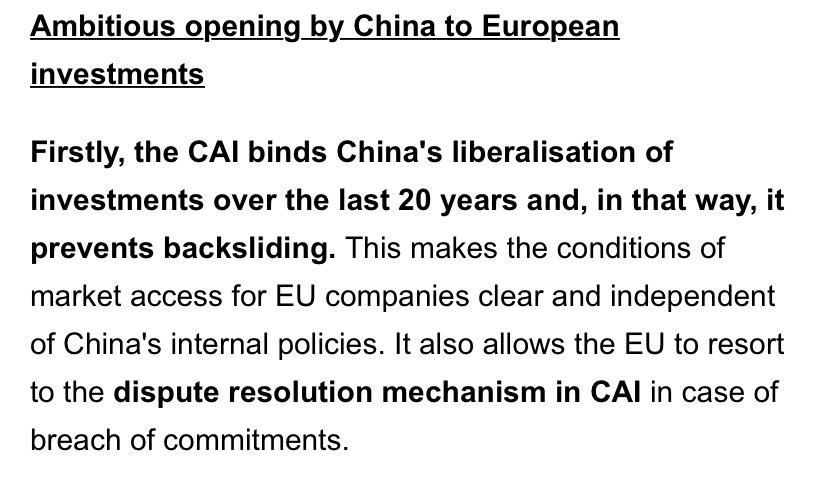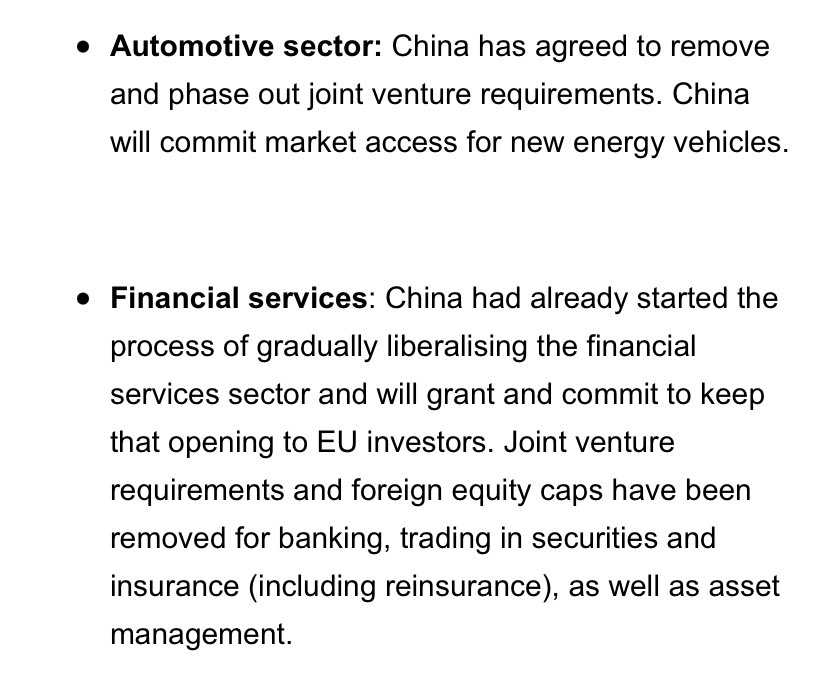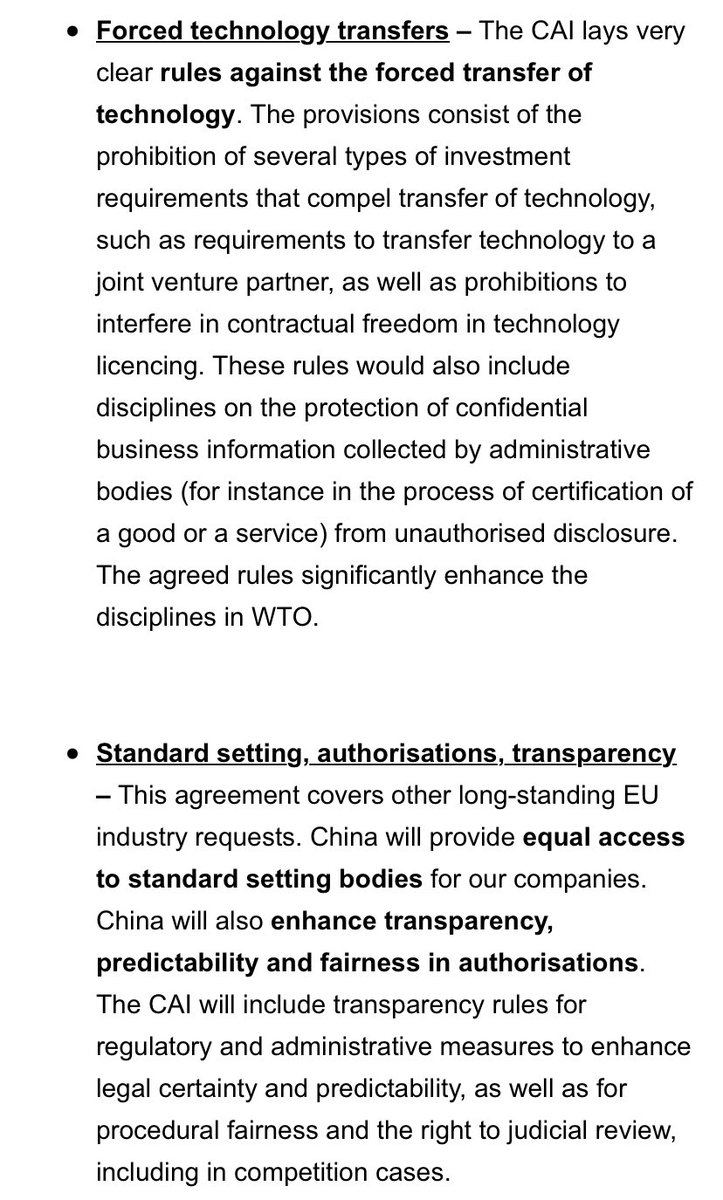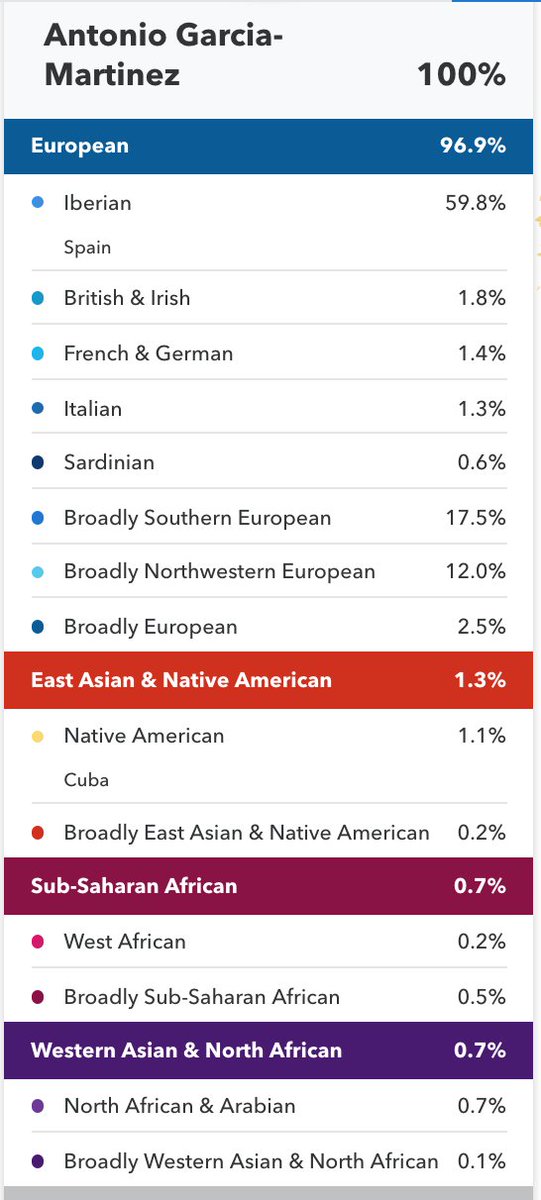For the lawyers. Night. pic.twitter.com/5XvFMhcaeE
— Sam Lowe (@SamuelMarcLowe) December 25, 2020
Quick intro to more analysis later - since Freeports are mentioned in this article worth making the point that it seems to me under the UK-EU deal that if the UK provides subsidies for them, or relaxes labour or environmental rules in them, the EU can take retaliatory action.
Michael Gove: "Outside the EU, with a good trade deal in place, we can tackle the injustices and inequalities that have held Britain back."
— Jennifer Rankin (@JenniferMerode) December 26, 2020
The UK did not need to leave the EU to tackle injustices and inequalities at home. Not a new point, but true.https://t.co/fE4glUAylc
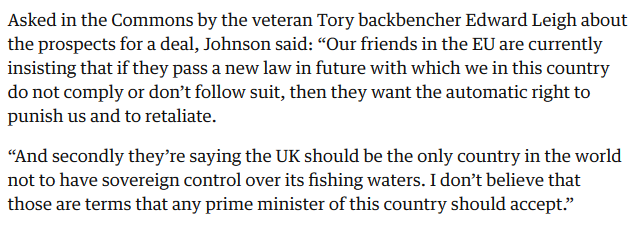
As a lay person is it fair to say that the \u201cthreat\u201d to break international law in Ireland was possibly a strategic blunder that has now determined the future trajectory of the UK for the next 20 years? I can imagine most countries will study what\u2019s baked into this and replicate?
— Meister 1 (@blueelmacho) December 26, 2020
If you're curious how other countries are presenting the UK-EU deal, this is the verdict from a French left-wing paper:
— Pascal \U0001f1ea\U0001f1fa\U0001f1ec\U0001f1e7 (@PascalLTH) December 25, 2020
It is "packed with regulatory brakes stopping London from undertaking social, ecological or fiscal dumping" https://t.co/aPCtyfPKmy
EU-UK TCA.
— Rem Korteweg (@remkorteweg) December 26, 2020
Happy Boxing Day!
https://t.co/39fVCycPUI
Government argue fact that the tribunals are not connected to ECJ, shows the win here on sovereignty ... only one reference in entire text to ECJ here on governance of UK access to EU programmes (eg Horizon), where ECJ arbitration judgements and orders will be enforceable in UK pic.twitter.com/WEIS8WYO01
— Faisal Islam (@faisalislam) December 26, 2020
May I be the first to say, \u201clol, that looks like a quota\u201d.
— Sam Lowe (@SamuelMarcLowe) December 26, 2020
(I\u2019m just joking, these aren\u2019t normal quotas. They are special rules of origin quotas: a certain tonnage of the product gets to use more accommodating rules of origin.) pic.twitter.com/BE2CyQIggS
Rather than negotiations, most of this year has just been choreography.
— Sam Lowe (@SamuelMarcLowe) December 25, 2020
Merry Christmas! \U0001f384
(Incidentally I'm reading as well, but copying the best points I see from others). https://t.co/BsJQU3sJWP
Last point from industry trade expert...
— Faisal Islam (@faisalislam) December 26, 2020
Export businesses will not lobby for lower standards/ aggressive regulatory competition in this environment, indeed EU-facing ones will lobby against such moves if it risks retaliatory tariffs. Thoughts? pic.twitter.com/1fluBNsy0e
At the very least negotiators should have been allowed a lot more freedom to prepare landing zone scenarios on fish months ago.
— Dmitry Grozoubinski (@DmitryOpines) December 26, 2020
Boris Johnson losing in negotiations with the EU is probably a victory for UK strategic interests
— Alexander Clarkson (@APHClarkson) December 26, 2020
The Deal has set up a framework for pragmatic UK reconvergence with the EU short of full integration in the EU system. Future governments can tack various bits of reconvergence to deal with specific UK voter complaints or business sector problems relatively smoothly. NAFTA model
— Alexander Clarkson (@APHClarkson) December 26, 2020
Lastly food industry, already smarting from events, say lack of equivalence for GB agrifood/ SPS problematic as it stands they say \u201cNew Zealand has a closer relationship on SPS with the EU than GB from Jan 1\u201d with an agreement that limits checks (1%) & simplifies paperwork
— Faisal Islam (@faisalislam) December 26, 2020
More from David Henig
The likelihood of continued trade problems for a £650 bn trade relationship is why there should be a huge cross-government effort led by the Foreign Office and Department for International Trade to put in place the necessary resources to seek best results.
There isn't.
So the UK's relationship with the EU currently consists of two not particularly good deals and no consistent effort to manage current problems or prevent future ones. Joint committees are a second order problem to putting in place the right internal structures.
But that's been the consistent UK problem in relations with the EU since 2016. Lack of focus on getting the right internal structures, people, asks, strategy, too much attention on being tough and a single leader.
News just in. This doesn't necessarily mean the right structure being put into UK-EU relations. I suspect Frost's main role is to ensure no renegotiations with the EU.
Also, wonder what this says about the PM's trust in Michael Gove?
NEW: David Frost is joining Boris Johnson\u2019s Cabinet! The peer has been appointed a minister at the Cabinet Office, effective March 1.
— Sebastian Payne (@SebastianEPayne) February 17, 2021
Frost will also chair the partnership council overseeing the UK-EU trade deal and oversee reform to "maximise on the opportunities of Brexit"
More from Brexit
For that, thanks goes to Brexit.
A thread because why not...
On the current trajectory, I think this is likely to be the map of Europe of 2030. pic.twitter.com/65i1A8CiP8
— Ben Judah (@b_judah) January 1, 2021
Two important dates: March 2016 and January 1st 2021.
Firstly, prior to the 2014 referendum, the Nationalists proposed a date of March 2016 to secede.
Secondly, today - the end completion of Brexit five-and-a-half years after Cameron’s majority in 2015.
Brexit has demonstrated many things, primarily that splitting unions is not easy. The UKs membership of the EU was 47 years and by the end it was not at the heart of the EU. The Union has existed for over 300 as a unitary state.
Dividing a unitary state, like the UK, will not be easy. Frankly, it will make Brexit look simple. Questions of debt, currency, defence, and more will need to be resolved ... something not addressed with Brexit.
Starting with debt. Scotland will end up with its proportionate share of the UKs national debt. It’s not credible to suggest otherwise. Negotiating what is proportionate won’t be easy when both sides disagree.
It’s importance will be seen shortly.
You May Also Like
The Swastik is a geometrical figure and an ancient religious icon. Swastik has been Sanatan Dharma’s symbol of auspiciousness – mangalya since time immemorial.
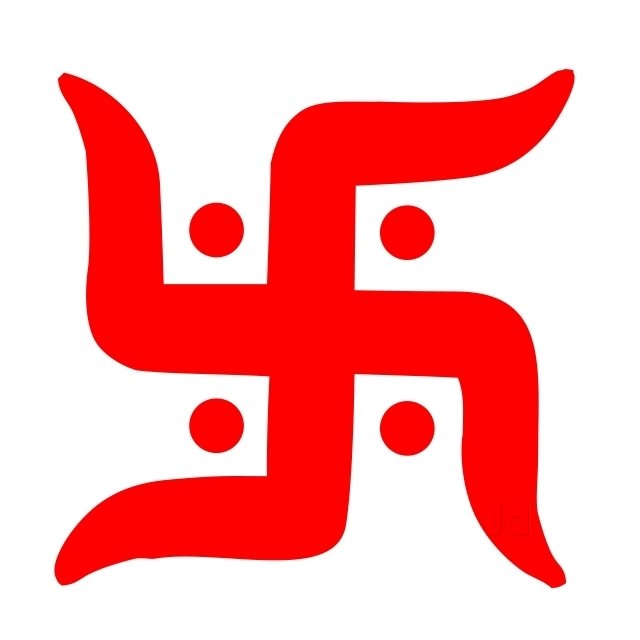
The name swastika comes from Sanskrit (Devanagari: स्वस्तिक, pronounced: swastik) &denotes “conducive to wellbeing or auspicious”.
The word Swastik has a definite etymological origin in Sanskrit. It is derived from the roots su – meaning “well or auspicious” & as meaning “being”.
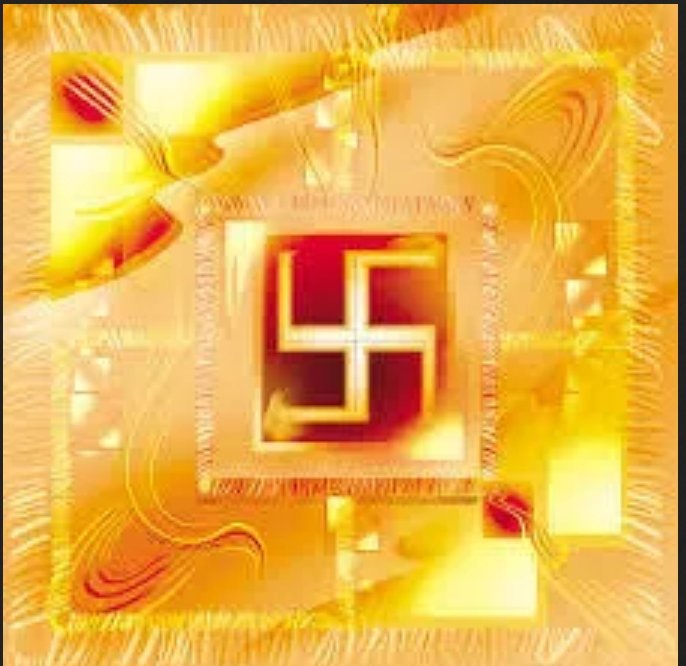
"सु अस्ति येन तत स्वस्तिकं"
Swastik is de symbol through which everything auspicios occurs
Scholars believe word’s origin in Vedas,known as Swasti mantra;
"🕉स्वस्ति ना इन्द्रो वृधश्रवाहा
स्वस्ति ना पूषा विश्ववेदाहा
स्वस्तिनास्तरक्ष्यो अरिश्तनेमिही
स्वस्तिनो बृहस्पतिर्दधातु"

It translates to," O famed Indra, redeem us. O Pusha, the beholder of all knowledge, redeem us. Redeem us O Garudji, of limitless speed and O Bruhaspati, redeem us".
SWASTIK’s COSMIC ORIGIN
The Swastika represents the living creation in the whole Cosmos.
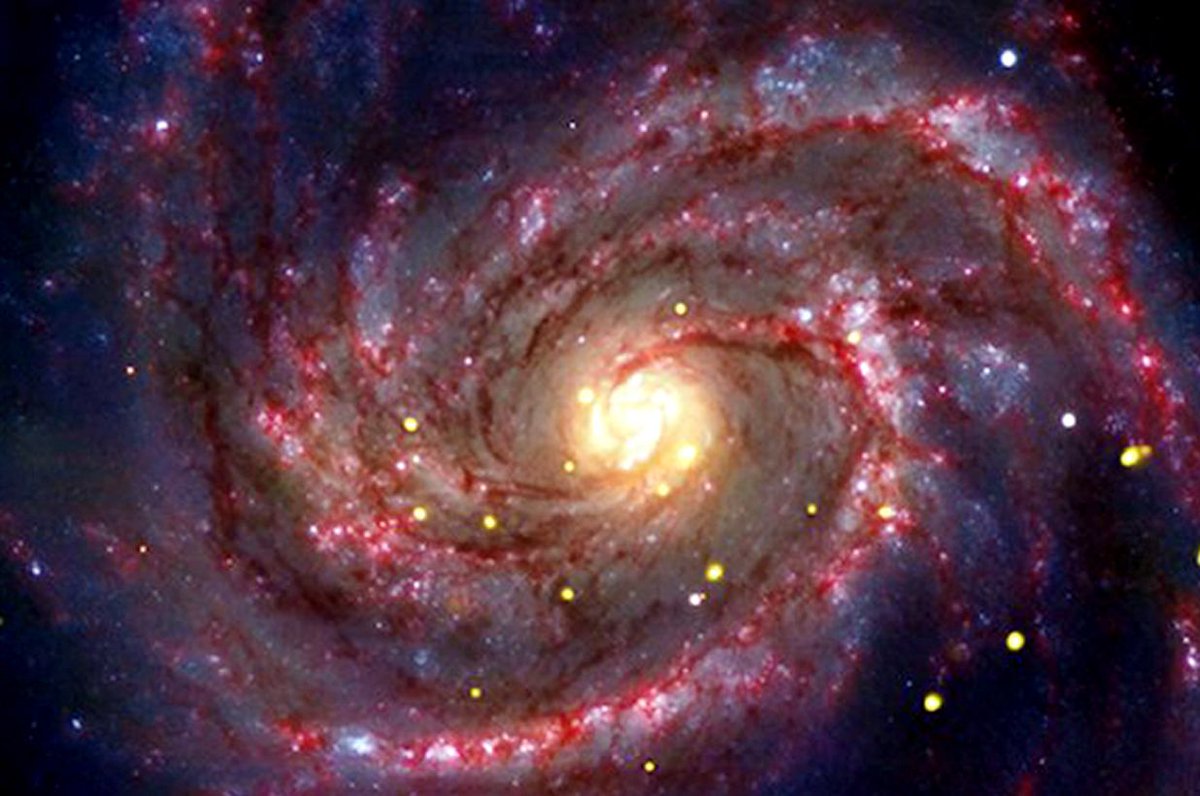
Hindu astronomers divide the ecliptic circle of cosmos in 27 divisions called https://t.co/sLeuV1R2eQ this manner a cross forms in 4 directions in the celestial sky. At centre of this cross is Dhruva(Polestar). In a line from Dhruva, the stars known as Saptarishi can be observed.
